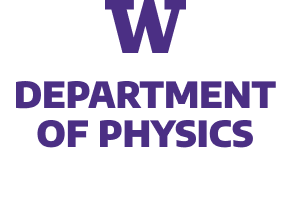Quantum computing will play a pivotal role in the High Energy Physics (HEP) science program over the early parts of the Twenty First Century, both as a major expansion of our capabilities across the Computational Frontier, and in synthesis with quantum sensing and quantum networks. This report outlines how Quantum Information Science (QIS) and HEP are deeply intertwined endeavors that benefit enormously from a strong engagement together.
A number of problems ranging from simulation of quantum field theories, to fully leveraging the most sensitive sensor suites for new particle searches, and even data analysis will run into limiting bottlenecks if constrained to our current computing paradigms. Easy early access to quantum computers is needed to build a deeper understanding of these connections and the opportunities for advancement. In turn, HEP brings crucial expertise to the national quantum ecosystem in quantum domain knowledge, materials science, cryogenic and fast electronics, and massive-scale project management. The role of quantum technologies across the entire economy and society at large is expected to grow rapidly over the next decade, so it is important to establish the role of HEP in the efforts surrounding QIS. Fully delivering on the promise of quantum technologies and the goals of the HEP science program requires robust support. It is important to invest in the co-design opportunities afforded by the broader quantum computing ecosystem by leveraging HEP strengths in QIS for materials, electronics, and theory with the goal of designing quantum computers tailored to HEP science.


